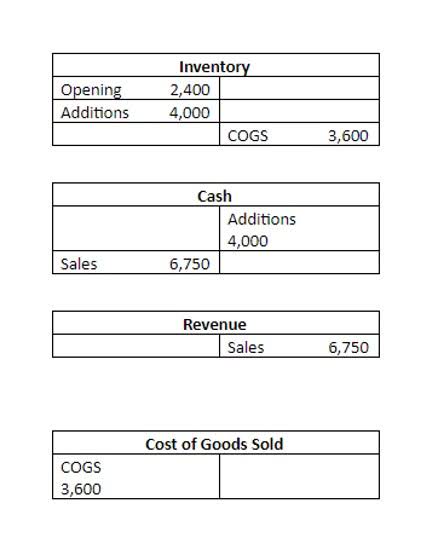
When it comes to compliance, costs, and other factors, these are popular states for forming an LLC. To determine name availability, you need to research business names. Searches can be conducted through your state’s Secretary of State law firm chart of accounts website. Try searching for as little of your chosen name as possible, as this will give you more results. However, before making any business decision, you should consult a professional who can advise you based on your individual situation.

Startup 2025: How to Trademark Your Business Name

But before anything else, let’s take a look at what a sole prop is and what type of businesses a sole prop is best for. If you do not have an EIN, you must use your Social Security number, which opens you up to potential fraud. This is a free service, and you’ll be able to use your EIN immediately. Banking products are provided by Bank of America, N.A., and affiliated banks, Members FDIC, and wholly owned subsidiaries of BofA Corp.
Obtain necessary business licenses and permits

By the mid-1990s, her company, sole proprietorship near me Annie’s Homegrown, had become so successful that she had to incorporate in order to go public. We research products, write reviews, and create in-depth guides and how-tos on topics like ideation, marketing, financing, accounting, and human resources. You should also explore local regulations like building permits and zoning clearances where appropriate. To do business under a business name, you need to file a DBA (doing business as) or a fictitious name certification with the state.
- Limited liability companies (LLCs) are legal entities formed and run by one or more owners (“members”).
- In a sole proprietorship, you can’t give away shares of your company, so you would have to find other non-equity-granting ways to raise money.
- The content displayed is for information only and does not constitute an endorsement by, or represent the view of, The Hartford.
- If you’re not planning to hire employees, the Internal Revenue Service allows you to use your social security number (SSN) for tax purposes.
- ZenBusiness has helped people start, run, and grow over 700,000 dream companies.
- The sole proprietor of a business is responsible for everything, both good and bad.
Full accountability and control

To report your taxes, you will need to create a business account on the New York State Department of Taxation and Finance website to learn more about the taxable income of your business. Creating an account will enable you to secure a way to file tax returns, schedule payments, respond to department notices, and more. To register most types of business, the state requires you to file your business name for inclusion in their directory and pay a fee. There will be some paperwork and fees involved if you require licenses or permits, or you plan to operate under a fictitious name. When your business is just starting out, and plans are to remain as a business of one, sole proprietorship makes sense. If you have big growth plans for your business, you may consider a different legal structure since sole proprietorships can come with financial, business, and legal risks.
- Moreover, if you plan to seek outside financing for your business, you’ll want to be able to show that you’re managing your business diligently and not mixing it with your personal assets too much.
- This means that if the business is not successful, the business’s debts fall to the sole proprietor, and if they cannot pay, it is their personal assets that will be seized.
- Bank of America has not been involved in the preparation of the content supplied at unaffiliated sites and does not guarantee or assume any responsibility for their content.
- Choosing the right business structure can affect your ability to find investors and attract customers.
- Other than paying for any required permits or licenses required in your industry or by your state, the required costs to start a sole proprietorship are typically little to none.
- Determine why a sole proprietorship might be right for your business.
However, if a small business owner has employees, many of the same filings and disclosures are required as if they operated an incorporated entity. Sole proprietors may encounter more difficulty raising capital from banks or outside investors compared to larger business structures like corporations. The reliance on personal savings or small loans can also strain personal finances, especially during a business’s early stages. Sole proprietors have unlimited liability, so there is no legal separation between their business assets and their personal assets. Unlike other business structures, you don’t have to receive approval unearned revenue from capital owners, like shareholders or partners, when making a business decision.

